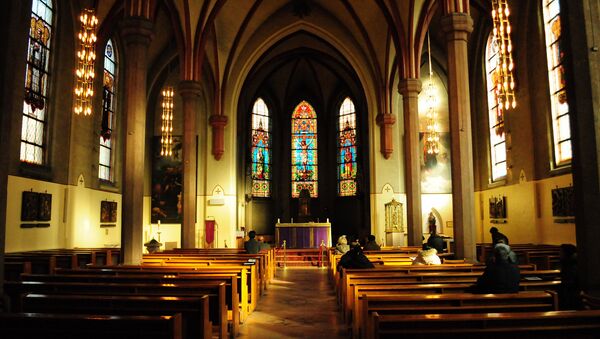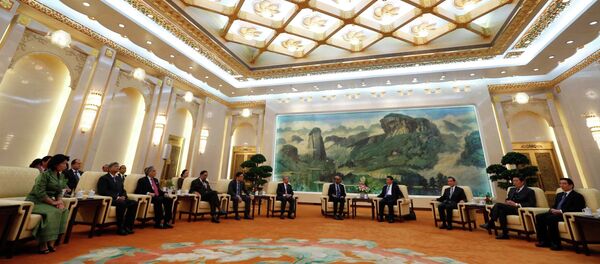According to the report, 24 percent of respondents said they were uncertain, or agnostic, about their religious beliefs, while women were more likely than men to believe in God, with 43.3 percent of women answering affirmatively, and 33.5 percent of men.
A 2010 Eurobarometer poll taken across the European Union about religious beliefs indicates that a significant proportion of those giving an "uncertain" response to the Ipsos poll, may have some belief in a higher power.
As stated in that survey, 32 percent of those polled in Norway said they "believe there is a God," 47 percent believed in "some sort of spirit or life force," and 17 percent agreed with the statement: "I don't believe there is any sort of spirit, God or life force."
The Eurobarometer poll found that across the 25 member states of the European Union, an average 52 percent of those polled agreed there is a God, 27 percent that there is "some sort of spirit or life force," and 18 percent didn't believe in any sort of spirit, God or life force.
If current trends continue, said the think-tank, in 2050 Islam will have almost as many followers as Christianity, and "atheists, agnostics and other people who do not affiliate with any religion – though increasing in countries such as the United States and France – will make up a declining share of the world’s total population."




